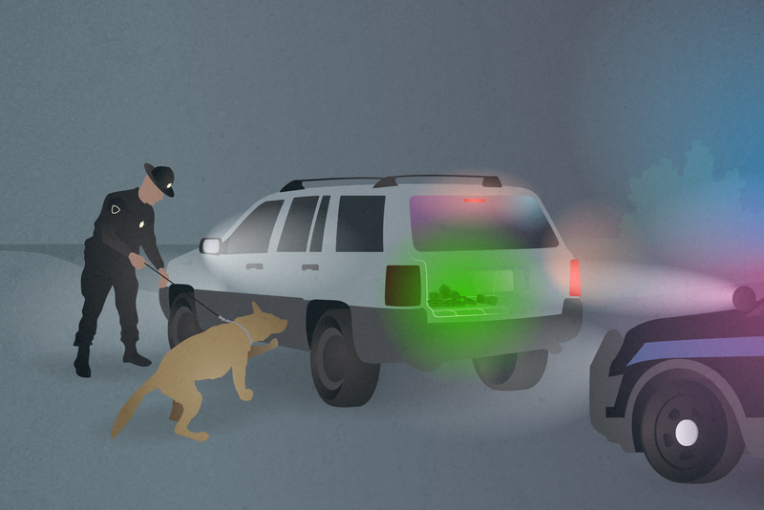
Civil asset forfeiture is based on an ancient legal fiction that property can be guilty even if the owner is innocent. In a 1996 Supreme Court case, Tina Bennis didn't know her husband John used their car to have sex with a prostitute but lost the car anyway because the property was guilty even if she wasn't. Recently liberal and conservative justices have expressed doubts about CAF. Liberal and conservative groups—the ACLU and CATO—make common cause for reform. In the past several years, 26 states have passed fairer laws. But police can circumvent state reforms by having the federal government "adopt" the property and use the lax federal forfeiture standard to seize it. Reform in Congress also has failed. The bipartisan impetus for reform and spotty results create a favorable environment for meaningful change.
